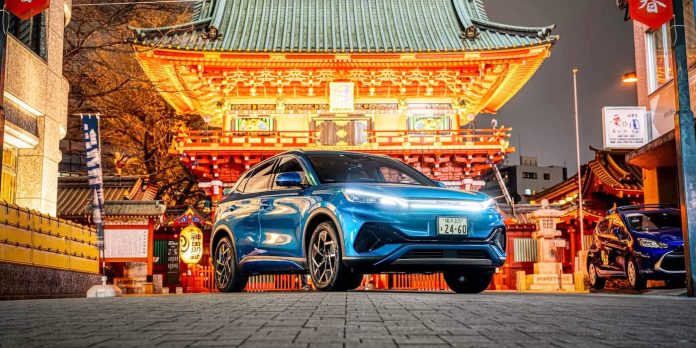As Pakistan pushes towards a greener future, the rise of New Energy Vehicles (NEVs) offers an opportunity to reduce pollution and dependence on fossil fuels. However, the local auto industry’s resistance to embracing imported EVs and advanced technologies could be holding back the nation’s green revolution. While protecting domestic manufacturing is important, failing to prioritize sustainable solutions may cost Pakistan the chance to be at the forefront of global green mobility. It’s time to ask: Are local manufacturers standing in the way of Pakistan’s sustainable future?
With Pakistan inches closer to finalizing its New Energy Vehicle (NEV) policy, it is critical to focus on its broader objectives—reducing air pollution, lowering carbon emissions, and cutting down the dependency on fossil fuel imports. The policy offers incentives for Battery Electric Vehicles (BEVs), Hybrid Electric Vehicles (HEVs), and Plug-in Hybrid Electric Vehicles (PHEVs), all of which align with global trends and UN Sustainable Development Goals (SDGs).
While debates arise over favoring imports versus local production, it is essential to see the bigger picture: both CBUs and locally assembled CKDs are vital for ecosystem growth. Countries like China and Norway thrived because their NEV policies embraced diversity—facilitating imports to stimulate demand while incentivizing local assembly. In Pakistan, a similar balanced approach can create jobs, improve public health, and save millions in fuel import bills.
The criticism that NEV incentives harm local manufacturers overlooks a fundamental point: policy relaxation for CBUs is a bridge to localization. It allows automakers to test markets, gauge consumer demand, and then invest in manufacturing facilities. For instance, global automakers invested heavily in localization after a period of import facilitation. This dual approach is what Pakistan needs—a vision that looks beyond immediate protectionism to long-term sustainability.
Pakistan’s auto sector has been criticized for offering outdated models and lagging in innovation. NEV policies challenge this complacency by encouraging the introduction of state-of-the-art, eco-friendly vehicles. The consumer should be the ultimate winner in this shift—gaining access to safer, cleaner, and more efficient vehicles.
